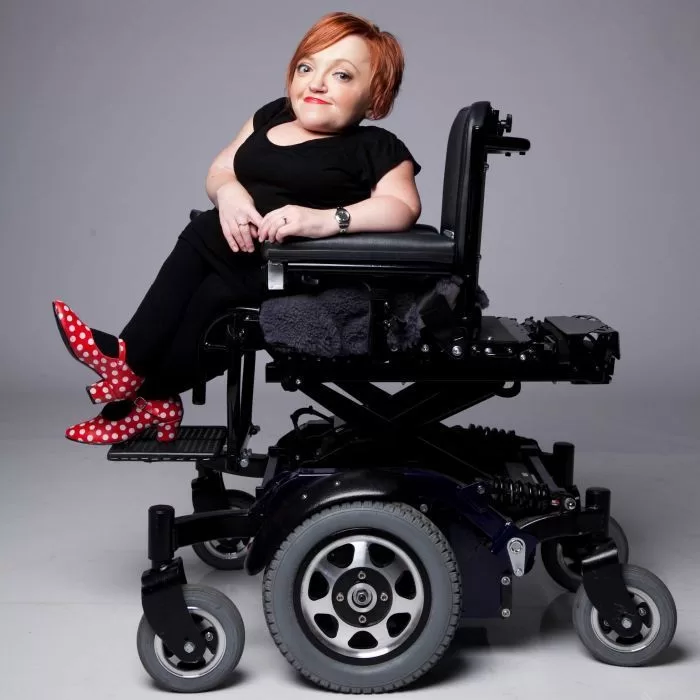Updated on August 24, 2025

Caring for a loved one with a disability is a satisfying experience, but it also comes with physical, emotional, and mental challenges. One of the most effective ways to sustain both the caregiver’s and the participant’s well-being is through respite care. Among the various types available, flexible respite is becoming an increasingly valuable and person-centred option for many families. In this article, we explore what flexible respite is and how it supports both caregivers and individuals with disability under the National Disability Insurance Scheme (NDIS).
Respite care
Respite care refers to short-term, temporary care provided to people with disability so that their regular caregivers, often family members can take a break. This time away can help caregivers rest, attend to personal matters, or simply recharge, which is key for their ongoing ability to provide support. Respite care also offers social and developmental benefits to individuals with disabilities by providing them with opportunities to engage in various activities, meet new people, and build independence.
What makes respite “flexible”?
Flexible respite is a tailored, adaptable approach to respite care. Rather than following a rigid, one-size-fits-all model, flexible respite is tailored to the needs, preferences, and routines of both the caregiver and the person receiving care.
This model allows for:
- Choice of time and location (e.g., at home, in the community, or in a short-stay facility)
- Customised duration (from a few hours to overnight or weekend stays)
- Culturally appropriate and age-appropriate support
- Activity-based care aligned with the interests of the participant
- Emergency or unplanned respite when unexpected situations arise
A real-life scenario of flexible respite will be a single mother caring for her 10-year-old son with autism, who uses flexible respite every Saturday morning. A support worker takes her son to a local sensory play centre while she attends a yoga class and does the weekly shopping.
Key benefits of flexible respite
Greater autonomy and control
Flexible respite offers greater autonomy and control to both caregivers and people with disability. Unlike traditional respite models with fixed schedules and locations, flexible respite allows families to choose the timing, duration, setting, and type of support that best fits their unique routines and preferences. This personalised approach empowers individuals to make decisions that align with their goals and lifestyle, promoting a sense of dignity, independence, and ownership over their care experience.
Enhanced quality of life
Flexible respite significantly enhances quality of life by promoting rest, balance, and well-being for both caregivers and individuals with a disability. By allowing tailored support that fits seamlessly into daily life, it helps reduce stress, prevent burnout, and create opportunities for meaningful engagement and social interaction. A few hours of personal time for a caregiver or enjoyable, enriching activities for the person receiving care go a long way in contributing to improved emotional health, stronger relationships, and a more fulfilling day-to-day experience.
Relationship preservation
Flexible respite plays an important role in preserving relationships by providing caregivers with regular, personalised breaks that help prevent physical exhaustion and emotional strain. This time away allows them to recharge and return to their role with renewed energy and patience, which can strengthen the bond with their loved ones. It also gives the person with disability opportunities to interact with others and develop independence, promoting mutual respect and understanding. Ultimately, flexible respite helps maintain healthier, more sustainable relationships over time.
Flexible respite under the NDIS
The NDIS supports respite through funding for:
- Short Term Accommodation (STA): STA provides funding for temporary stays away from home — usually up to 14 days at a time — in a supportive environment. This allows caregivers to take a much-needed break while the participant enjoys new experiences and builds independence. STA covers accommodation, personal care, and activities, and can be tailored to suit the individual’s needs and interests, making it a flexible and valuable form of respite under the NDIS.
- Assistance with daily life: This is a core support category under the NDIS that can be used to fund respite care by covering the cost of a support worker to assist with everyday tasks. This support can be delivered in the participant’s home or the community and includes help with personal care, meal preparation, or social activities. By using this funding flexibly, families can arrange short-term breaks from their caregiving role while ensuring their loved one continues to receive the support they need in a safe and familiar environment.
- Support Coordination: Support Coordination is another way the NDIS facilitates respite by helping participants and their families navigate and organise the right support for their needs. A Support Coordinator works alongside the participant to understand their goals, explore respite options, and connect with suitable service providers. This includes arranging flexible respite services such as STA or in-home support. By guiding families through the planning process and helping them make informed choices, support coordination ensures respite is accessible, well-structured, and aligned with the participant’s lifestyle and care preferences.
Importantly, flexible respite can be arranged through NDIS-registered providers like Centre Disability Support or self-managed plans, depending on how a participant’s plan is structured.
Final Thoughts
Respite isn’t just a break; it’s an important part of sustainable care. Flexible respite honours the individuality of people with disabilities and the dedication of their caregivers. It creates space for relaxation, growth, and improved well-being. If you or someone you care for could benefit from flexible respite, contact our team at Centre Disability Support. We’re here to support you as you support others.
MORE FROM CENTRE DISABILITY SUPPORT



